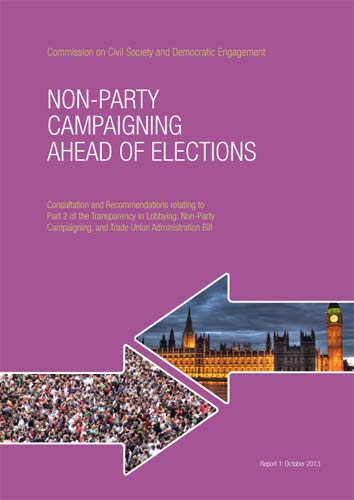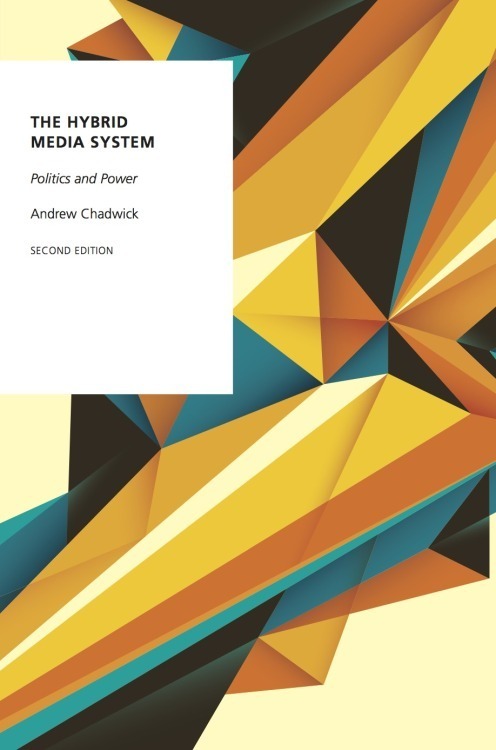Report of the Commission on Civil Society and Democratic Engagement
/As you may have heard, the British government recently introduced a new bill to regulate lobbying and non-party campaigning during the year leading up to an election, without consulting any organisations and on a very rushed parliamentary timetable.
The bill is technical and complex but Part 2 of it has caused great concern among civil society organisations, campaigning groups, bloggers, and charities from across the entire political spectrum, so much so that in some quarters it has become known as the “gagging law.”
At the end of September an independent Commission on Civil Society and Democratic Engagement was established and I was invited to participate in it as one of eight Commissioners.
The Commission is chaired by Lord Harries, a senior cross-bench peer. Its initial aim was to consult civil society organizations across the UK and prepare a report in time to shape the thinking of Peers as the bill passed through the House Lords’ committee stage in November.
During three weeks in October we held a series of consultations—at Westminster, in Scotland, Wales, Northern Ireland, and England—and we’ve heard from a wide variety of organizations through their written submissions and online surveys.
You can read more about this in the Commission’s first report, which we presented to MPs, Peers, and campaign group and charity leaders in Parliament on October 29.
As a result of the report and the combined pressure of campaigning organizations and charities, on November 5 the government decided to put Part 2 of the lobbying bill on hold until December 16, to allow for a period of consultation involving a wide range of organizations and the evidence gathered by the Commission.
For more information, and to submit evidence to the Commission’s next consultation phase, please visit our As you may have heard, the British government recently introduced a new bill to regulate lobbying and non-party campaigning during the year leading up to an election, without consulting any organizations and on a very rushed parliamentary timetable.
The bill is technical and complex but Part 2 of it has caused great concern among civil society organizations, campaigning groups, bloggers, and charities from across the entire political spectrum, so much so that in some quarters it has become known as the “gagging law.”
At the end of September an independent Commission on Civil Society and Democratic Engagement was established and I was invited to participate in it as one of eight Commissioners.
The Commission is chaired by Lord Harries, a senior cross-bench peer. Its initial aim was to consult civil society organizations across the UK and prepare a report in time to shape the thinking of Peers as the bill passed through the House Lords’ committee stage in November.
During three weeks in October we held a series of consultations—at Westminster, in Scotland, Wales, Northern Ireland, and England—and we’ve heard from a wide variety of organizations through their written submissions and online surveys.
You can read more about this in the Commission’s first report, which we presented to MPs, Peers, and campaign group and charity leaders in Parliament on October 29.
As a result of the report and the combined pressure of campaigning organizations and charities, on November 5 the government decided to put Part 2 of the lobbying bill on hold until December 16, to allow for a period of consultation involving a wide range of organizations and the evidence gathered by the Commission.
For more information, and to submit evidence to the Commission’s next consultation phase, please visit our website.




